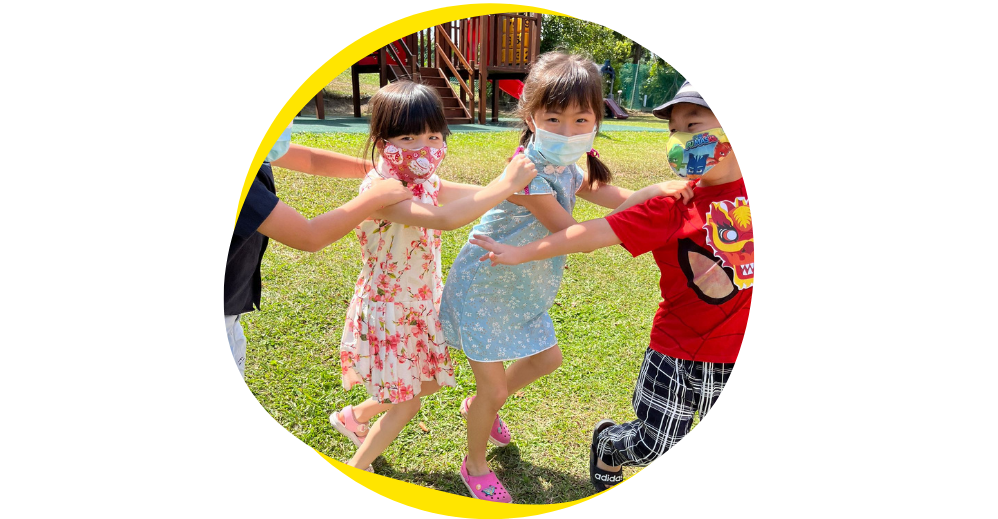
- Children learn and develop cognitive skills – like math and problem-solving in a pretend grocery store and by learning new vocabulary.
- Play helps your children grow emotionally. It is joyful and provides an outlet for anxiety and stress.
- Make time for play. As parents, you are the biggest supporters of your children’s learning. You can make sure they have as much time to play as possible in the day to promote cognitive, language, physical, social, and emotional development.
- Learning and play go hand-in-hand. They are intertwined activities which are not separate.
- Play outdoors. Remember your own outdoor experiences of building forts, playing on the beach or playing with other children in the neighbourhood? Make sure you create memories of outdoor play for your children too!
- Play is a child’s context for learning. Children practise and reinforce learning in multiple areas during play. It gives them a place and a time for learning that cannot be achieved from completing a worksheet. E.g. Get children to write and draw menus, set prices, take orders, and make out checks when having the context of being in a restaurant.
In summary, play provides rich learning opportunities which boost children’s self-esteem, leading to success in life!